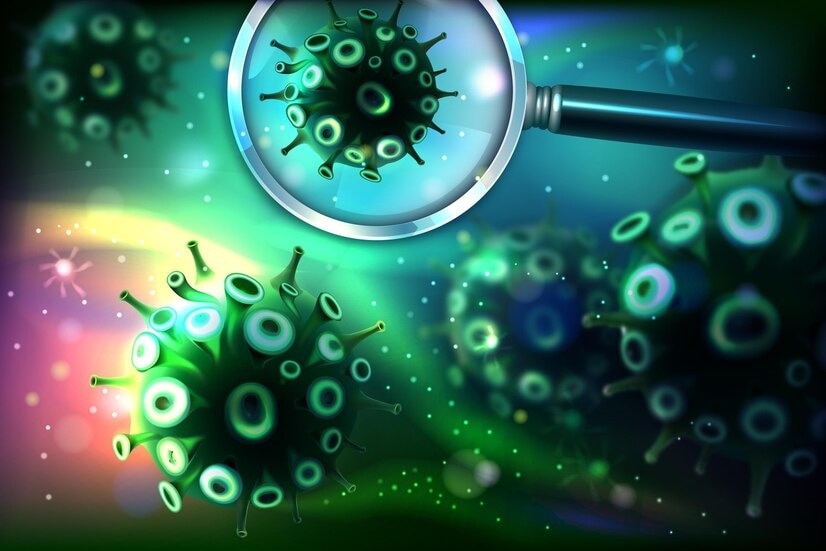A deadly disease caused by a rare flesh-eating bacteria is spreading rapidly throughout Japan. According to health experts, the disease can kill a person within 48 hours. This year, the country has recorded 977 cases of streptococcal toxic shock syndrome (STSS), which is quite fatal.
Cases of streptococcal toxic shock syndrome (STSS), a disease caused by a rare “flesh-eating bacteria” that can kill people within 48 hours, are spreading in Japan, according to a Bloomberg report. This year, the country has recorded 977 cases of treptococcal toxic shock syndrome, or STSS, according to data from the National Institute of Infectious Diseases. The government agency, which monitors diseases and their spread in Japan, said this year’s cases surpass the previous record of 941 cases reported for all of last year.
“Most deaths occur within 48 hours. As soon as a patient notices swelling in the foot in the morning, it can expand to the knee by noon and can die within 48 hours,” said Ken Kikuchi, professor of infectious diseases at Tokyo Women’s Medical University, quoted by the media. local.
In addition to Japan, five other nations in Europe have also reported cases of this particular bacteria to the World Health Organization (WHO). The rare flesh-eating bacteria is known as group A streptococcus (GAS). This aggressive bacteria can cause infections and, if not treated properly, could even lead to death.
What is group A strep?
Group A Streptococcus (GAS) bacteria, commonly known as streptococcus pyogenes, is a type of bacteria that can cause a variety of infections. Well, some strains of group A strep can cause mild illnesses like strep throat or skin infections like impetigo. However, more serious infections can also occur, such as invasive diseases such as necrotizing fasciitis or streptococcal toxic shock syndrome. These infections are less common but can also be life-threatening and require immediate medical attention.
Symptoms
STSS caused by group A strep (GAS) can cause rapid worsening of symptoms:
- pain in extremities
- Swelling
- Fever
- Low blood pressure
These symptoms can escalate to:
- Necrosis (tissue death)
- Respiratory problems
- organ failure
- Death
Precautionary measures
Group A strep infections are usually treated with antibiotics. Preventive strategies include good hygiene practices, especially handwashing, and avoiding close contact with infected people. Experts have warned that people over 50 are more likely to suffer from the disease.
–>
